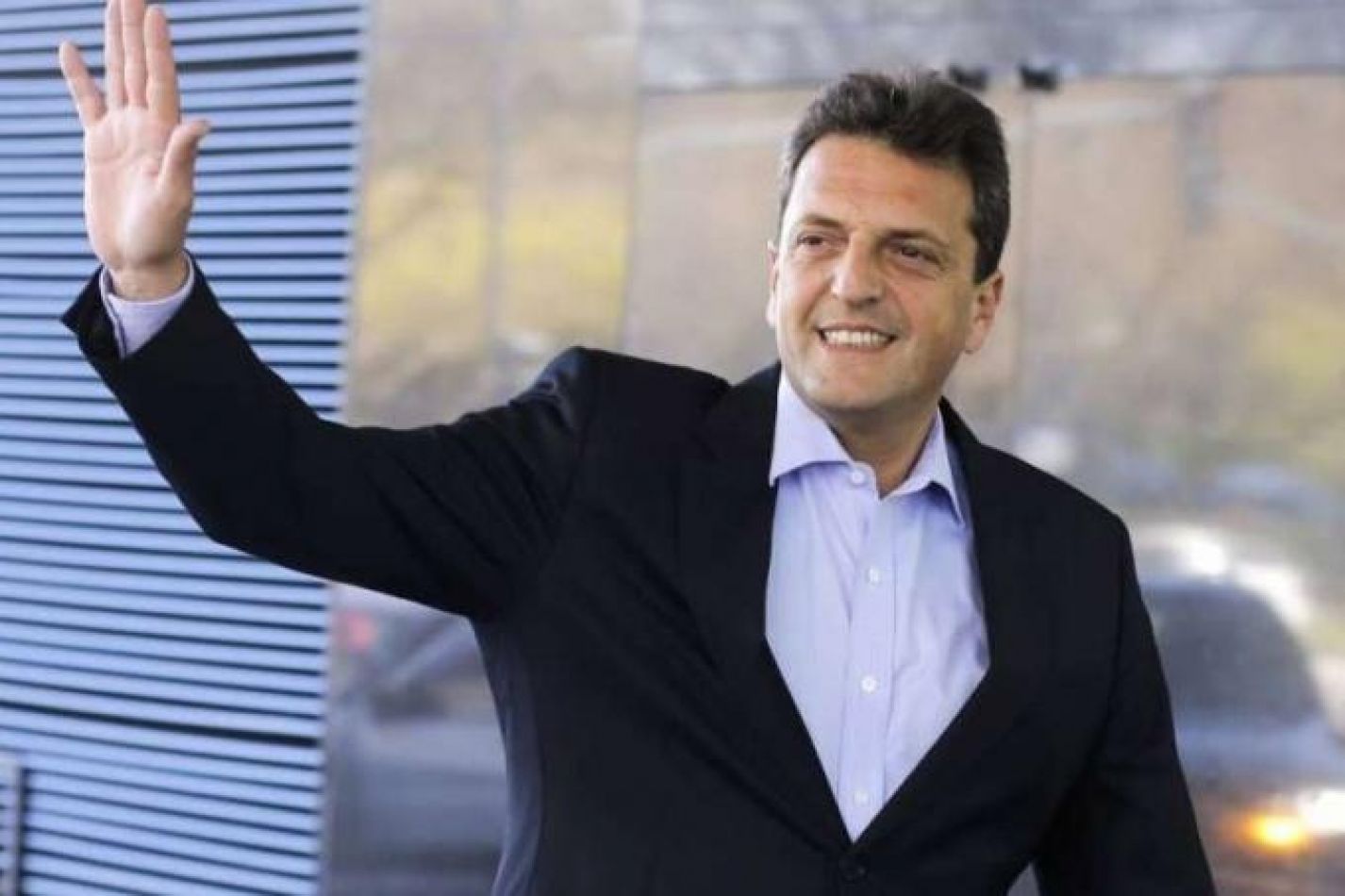Argentine President Alberto Fernández decided Thursday (28) to unite the ministries of Economy, Productive Development and Agriculture, Livestock and Fisheries. The super ministry” will be headed by Sergio Massa, current president of the Chamber of Deputies.
“President Alberto Fernández has decided to reorganize the economic sectors of his cabinet to ensure better functioning, coordination and management,” reads a statement from the Argentine presidency.
Sergio Massa announced that current Argentine Economy Minister Silvina Batakis will remain in the government, but without saying in which post. She even offered her resignation to the Argentine president, but Fernández refused.

The new minister said he would appoint the new cabinet members on Monday (Aug. 1). The change was made 24 days after Silvina Batakis took over the ministry after her predecessor Martín Guzmán resigned.
The former minister, an ally of Fernández, lost the support of Cristina Kirchner and was pressured by the vice president’s faction to leave his post. When he announced his resignation, he said he had “deep conviction and confidence” in his moderate economic vision.
Massa is a deputy for the Frente de todos, the president’s party. He was Cristina Kirchner’s chief of staff from 2008 to 2009. He returned to the party in 2019, when he was elected to the Chamber of Deputies from the province of Buenos Aires.
He takes office at a time of economic and political crisis in the country. On July 14, Argentina recorded inflation of 64% in the cumulative 12 months to June and 5.3% this month. The country also needs to implement structural reforms to meet the agreement reached with the IMF (International Monetary Fund) in March 2022.
In addition, Alberto Fernández and Cristina Kirchner are at odds. Kirchner favors greater intervention in the economy to mitigate the impact of the crisis on low-income segments of the population. Fernández has a more moderate stance. For this reason, she has lost power in the governing coalition.
A few hours before the second exchange of economic ministers, the secretary for strategic affairs of the presidency, Gustavo Béliz, resigned from his post. He was considered Fernández’s closest confidant. His departure meant a loss of space for the wing associated with the Argentine leader.
PROTESTS
The economic situation has prompted protests by the population and producers in rural areas, who are also struggling with diesel shortages and problems in Argentine supply chains.
Thousands of Argentine protesters gathered in the streets of the capital Buenos Aires on Thursday (28) to demand a universal basic salary and the universalization of social programs.
The protest was organized by leftist groups such as the Unidad Piquetera, the MTE (Movement of Excluded Workers), and the CTA (Central Workers of Argentina) of Buenos Aires. It began at 10 a.m. in various locations around the city.
Some demonstrators gathered in front of the Ministries of Social Development, Labor and Justice. Others focused on the Obelisk, the capital’s historical monument. At 1:30 p.m., demonstrators moved to Plaza de Mayo in downtown Buenos Aires.
They demand a universal salary of 20,000 pesos (US$153) for those most in need. They also demand an increase in the minimum wage for pensioners to 100,000 pesos (US$763 at the current exchange rate).
Demonstrators gathered at the Obelisk in Buenos Aires to demand an increase in the minimum wage and freedom for union democracy

